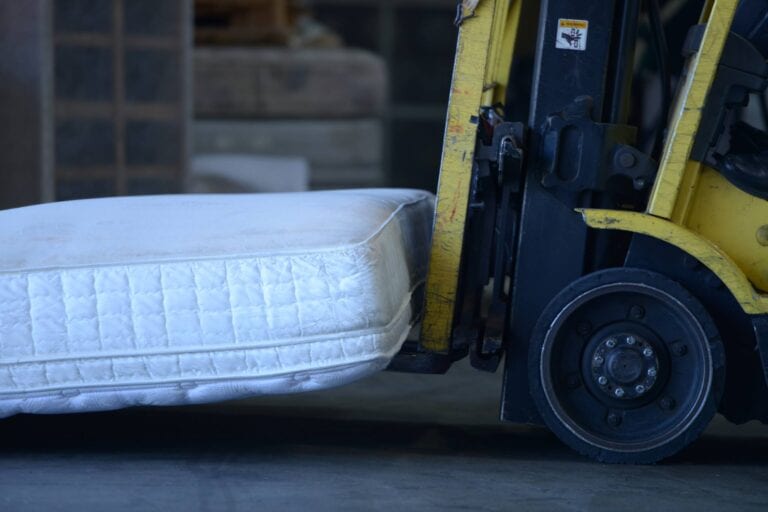An effort to expand the California Family Rights Act could place heavy burdens on small businesses, including furniture stores, with as few as five employees.
Senate Bill 1383 would require covered businesses to provide up to 12 weeks of unpaid but protected leave from work for qualified employees, who could use a wide variety of reasons to claim the time off. Currently, the CFRA only applies to employers with 50 or more workers.
The measure, which is supported by Gov. Gavin Newsom, passed the California Senate by a vote of 21-12. It will move to the Assembly for consideration when it convenes after its current recess.
The Home Furnishings Association urges California members to ask their Assembly representatives to stop SB 1383. They can find their legislators here. Contact information for Assembly members is here.
Losing key employees poses hardships
A suggested message is:
As a small business owner, I have come through a very hard time and still face many challenges. I am trying to pay my employees and protect their health and safety at work. I depend on each and every one of them to keep my business running and serve our customers. I respect and do my best to accommodate their needs for time off. However, I am concerned that SB 1383, if enacted, would severely hinder my business operations. Granting up to 12 weeks of leave in a year’s time to important members of my small staff – who simply can’t be replaced by temporary workers – would weaken my business too much. If I have to close my store, everyone will be out of work!
Cal Chamber labels SB 1383 a “job-killer” bill. The HFA agrees.
SB 1383 isn’t a temporary measure to address extreme needs during the coronavirus crisis. The federal Families First Coronavirus Response Act already mandates paid sick leave and family care leave through the end of 2020. Employers can recover their costs through tax credits. SB 1383 would not take effect until January 2021.
Could businesses fill gaps with temporary workers?
Workers taking family leave under California law could draw a portion of their wages through a fund maintained by a payroll tax. Employers don’t pay for that. But that doesn’t mean there are no costs. Businesses might have to hire temporary workers to fill staffing gaps and spend money on training those fill-in employees. The substitutes likely would be less productive and reliable. And it might not be possible to find replacements.
Protected leaves for employees means they must be restored to their former job or a comparable position when they return.
Many small furniture stores will continue to face business challenges in 2021 as the state and the economy recover from the effects of a global pandemic. A law, even if well-intended, that potentially creates large gaps in staffing will not help them survive. It could do just the opposite.
HFA members in California should encourage their representatives to say no.









